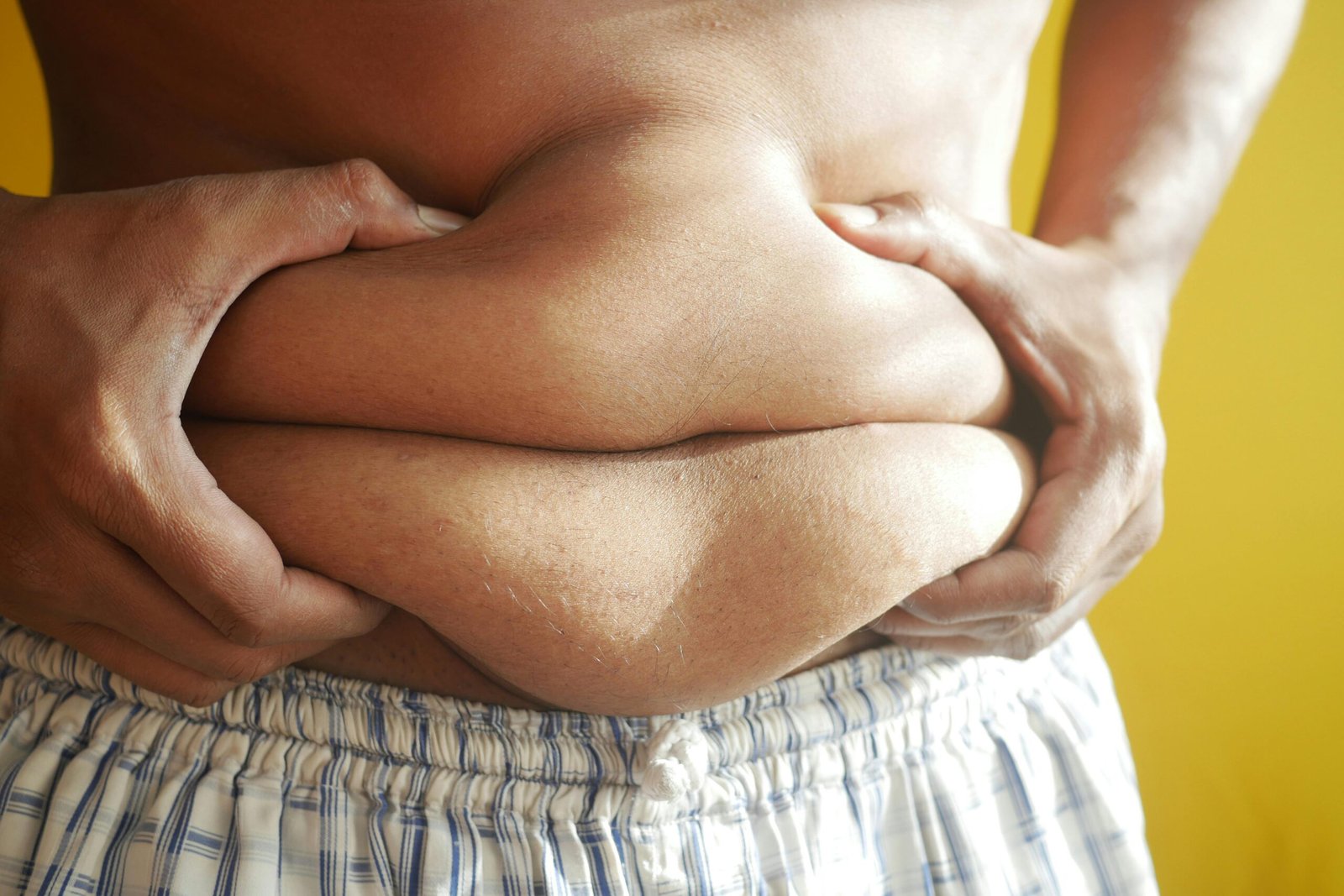In the quest for a healthier lifestyle and weight management, burning body fat efficiently remains a top priority for many. As we move into 2024, the fusion of traditional wisdom and cutting-edge research offers new insights into effective fat loss strategies. This guide aims to demystify the process, presenting actionable and scientifically-backed methods to help you achieve your weight management goals.
Introduction
Understanding the fundamentals of fat loss is crucial before embarking on your weight management journey. Body fat is not merely an aesthetic concern but a complex biological tissue involved in various bodily functions, including hormone regulation and energy storage. Effective fat loss strategies balance dietary habits, physical activity, and lifestyle adjustments to optimize metabolic health and reduce excess body fat.
Incorporate High-Intensity Interval Training (HIIT)
High-Intensity Interval Training (HIIT) stands out for its efficiency in promoting fat loss. By alternating between intense bursts of activity and short periods of rest, HIIT maximizes calorie burn and enhances cardiovascular health. Incorporating HIIT sessions into your weekly routine can significantly impact your body composition.
Adopt a Balanced Diet
Nutrition plays a pivotal role in managing body fat. Emphasizing whole, nutrient-dense foods while minimizing processed foods and added sugars can shift your body’s energy balance to favour fat loss. A balanced diet supports metabolic health, providing the energy and nutrients necessary for optimal body function.
Stay Hydrated
Hydration is a key, yet often overlooked, component of fat loss. Water supports metabolic processes and helps maintain satiety, potentially reducing calorie intake. Regular water consumption is a simple yet effective habit to support your weight management goals.
Ensure Sufficient Sleep
Sleep quality and duration significantly influence weight management. Adequate rest regulates hormones like ghrelin and leptin, which control hunger and fullness. Prioritizing sleep can enhance your fat loss efforts by balancing these hormonal mechanisms.
Practice Strength Training
Strength training builds muscle mass, contributing to a higher resting metabolic rate. By incorporating resistance training into your fitness regimen, you can create a more metabolically active body composition, increasing daily calorie expenditure and promoting fat loss.
Manage Stress Levels
Stress management is crucial for preventing stress-induced overeating and hormonal imbalances that can hinder fat loss. Techniques such as meditation, yoga, and mindful breathing can mitigate the impact of stress on your weight management journey.
Stay Consistent
Consistency is the foundation of successful weight management. Adopting healthy habits as a permanent lifestyle change, rather than temporary measures, ensures long-term success. Regular monitoring and adjustment of your strategies can help maintain progress towards your goals.
Seek Professional Advice
For personalized guidance, consulting with healthcare professionals such as dietitians and fitness trainers can tailor your plan to your unique needs, optimizing your fat loss strategy.
Conclusion
Embarking on a fat loss journey in 2024 requires a holistic approach that combines diet, exercise, and lifestyle modifications. By understanding the principles of fat loss and implementing these evidence-based strategies, you can achieve sustainable weight management and improve your overall health.
FAQs
Q: How often should I do HIIT workouts for optimal fat loss?
A: Aim for 2-3 HIIT sessions per week, allowing for adequate rest between sessions to prevent overtraining.
Q: Can I lose fat without cutting out carbs entirely?
A: Yes, focusing on whole, fiber-rich carb sources instead of eliminating carbs can support fat loss while maintaining nutritional balance.
Q: How much water should I drink for effective weight management?
A: Individual needs vary, but aiming for 8-10 glasses per day is a general guideline. Adjust based on activity level and climate.
Q: Is it possible to lose fat and gain muscle simultaneously?
A: Yes, with a well-designed training and nutrition program, it’s possible to achieve body recomposition, losing fat while gaining muscle.
Q: How can I manage food cravings while trying to lose fat?
A: Eating balanced meals, staying hydrated, and allowing for occasional treats can help manage cravings without derailing your progress.
By integrating these strategies into your lifestyle, you can navigate the path to effective fat loss with confidence and clarity.




